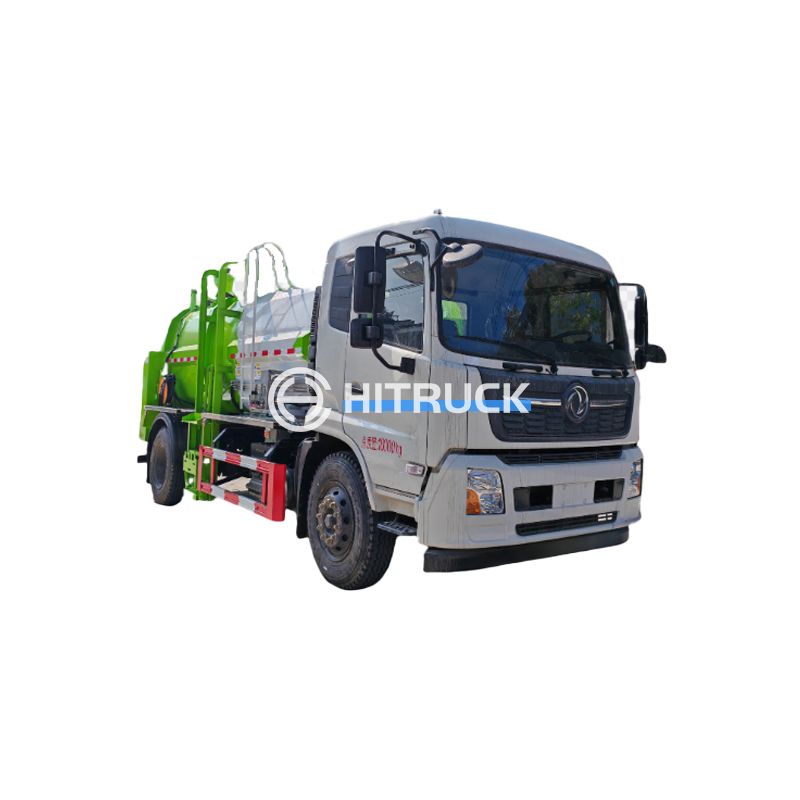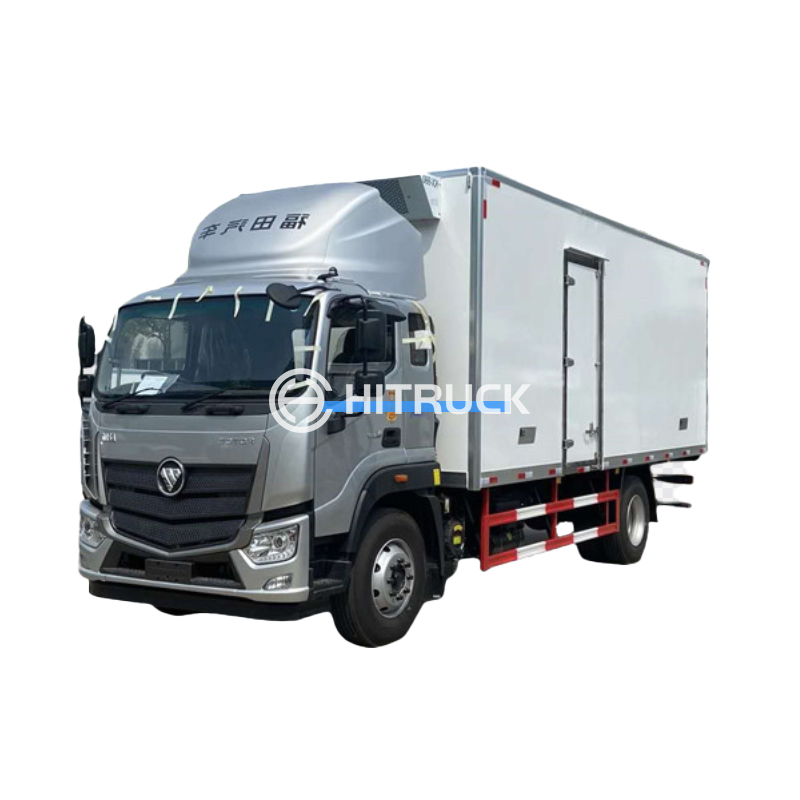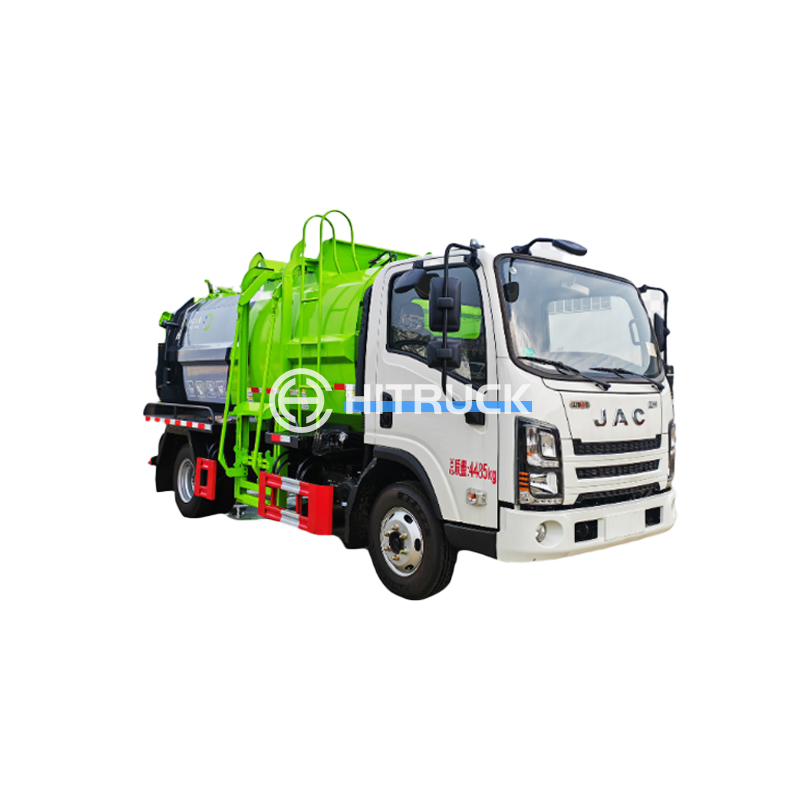Link Belt 75 Ton Truck Crane: A Comprehensive GuideThis article provides a detailed overview of the Link Belt 75-ton truck crane, covering its specifications, capabilities, applications, and advantages. We'll explore its key features, compare it to similar models, and discuss factors to consider when choosing a link belt 75 ton truck crane for your needs.
The link belt 75 ton truck crane represents a significant advancement in lifting technology, offering a powerful and versatile solution for various heavy-lifting applications. This guide delves into the specifics of this model, providing you with the information you need to make informed decisions about its suitability for your projects. Whether you're a seasoned professional or just beginning to explore your options in heavy lifting equipment, this comprehensive overview will be invaluable.
The Link Belt 75-ton truck crane boasts impressive lifting capacity and reach, allowing it to handle a wide range of heavy loads. Precise specifications, including maximum lifting capacity at various radii, can be found on the official Link Belt website. These figures are crucial for determining the crane's suitability for specific jobsites. Remember to always consult the official manufacturer's specifications for the most up-to-date and accurate information.
Understanding the engine and powertrain is vital for assessing operational efficiency and fuel economy. Information on the engine type, horsepower, and transmission system can be found in the crane's technical specifications. The powertrain significantly impacts the crane's performance in various terrains and under different load conditions. Consider factors like fuel consumption and maintenance requirements when making your selection.
Different boom and jib configurations offer varying reach and lifting capacities. A link belt 75 ton truck crane typically offers a selection of boom lengths and jib options to optimize its performance for different tasks. Understanding these configurations is crucial for matching the crane's capabilities to your specific project requirements. For detailed diagrams and specifications, refer to the manufacturer's documentation.
Several manufacturers produce 75-ton truck cranes, each with its own strengths and weaknesses. A comparative analysis can help you determine which model best suits your needs. Factors to consider include lifting capacity, reach, maneuverability, fuel efficiency, and maintenance costs. Online resources and industry publications offer comparisons between different models. Consider visiting a dealer to see the machines in person and get a firsthand experience.
| Feature | Link Belt 75 Ton | Competitor A | Competitor B |
|---|---|---|---|
| Maximum Lifting Capacity | [Insert Data from Link Belt Website] | [Insert Data for Competitor A] | [Insert Data for Competitor B] |
| Maximum Reach | [Insert Data from Link Belt Website] | [Insert Data for Competitor A] | [Insert Data for Competitor B] |
| Engine Horsepower | [Insert Data from Link Belt Website] | [Insert Data for Competitor A] | [Insert Data for Competitor B] |
The versatility of a link belt 75 ton truck crane makes it suitable for a wide range of applications. These include construction projects (high-rise buildings, bridges), industrial operations (heavy equipment installation, maintenance), and energy sector tasks (wind turbine erection, power plant maintenance). The ability to move easily between jobsites is a key advantage.
Several factors should be considered when selecting a link belt 75 ton truck crane. These include your specific lifting requirements, jobsite conditions, budget, and maintenance capabilities. It's crucial to consult with experienced crane professionals and consider the long-term operational costs. For more information and assistance, please contact Suizhou Haicang Automobile sales Co., LTD for expert advice.
Remember to always prioritize safety and comply with all relevant regulations and safety procedures when operating heavy lifting equipment. Proper training and certification are essential for safe operation.
Disclaimer: This information is for general guidance only. Always consult the official Link Belt documentation and adhere to all safety regulations.












